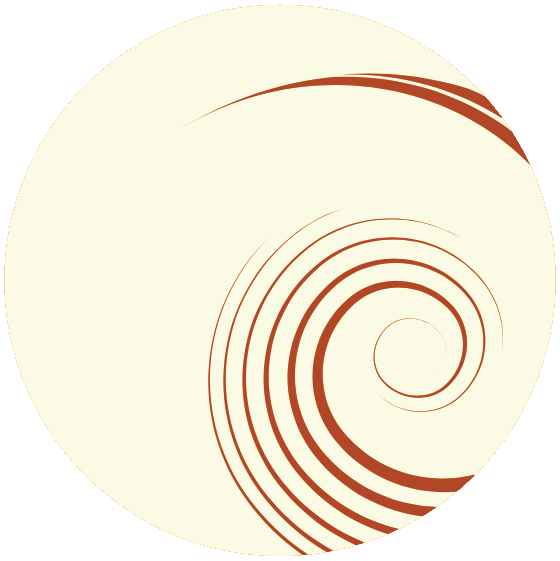5 Reasons Rest and Recovery are Important after Childbirth
Posted on Jan. 1, 2014 by Veege Ruediger
Pregnancy is not an illness, right? And birth is normal. So why is the postpartum period associated with recovery? What’s the fuss about rest and keeping the baby in the home?
Often, women want or feel pressured to resume chores, errands or exercise shortly after birth. Some have other young children to care for, and not enough support to make it possible to lay around for weeks. Sometimes it feels so great to NOT BE PREGNANT anymore that mothers forget to honor what their bodies are still doing (making milk, bleeding, undergoing hormonal transitions, etc). Additionally, other people in the home, guests, spouses, mothers or in-laws, consider the quick resumption of normal activity to be a sign that all is going well for the mother after birth. But not so fast…
5 Reasons Rest and Recovery are Important after Childbirth
- Long-term Pelvic Floor Health. Pregnancy and childbirth can weaken women’s core abdominal and pelvic muscles. In the first few weeks after birth, before these muscles have had a chance to strengthen, prolapse of pelvic organs such as the bladder or uterus are more common. Rest is helpful to prevent prolapsed organs and allow some tone to return without the pressure of gravity. Just minimal movement from resting, sitting up in bed, nursing in different positions, and getting up to shower or use the bathroom, will allow you to begin using core muscles that have been underused during the latter part of pregnancy. This gradual re-toning of the abdominal and pelvic muscles should be accompanied by gradual return to activity. Vacuuming the carpet or carrying laundry up the stairs in the early days of postpartum is inviting too much strain on muscles and tissues before they are ready to support that kind of activity. Even if you don’t experience any symptoms of prolapsed organs (incontinence, pain or pressure, constipation), early activity after childbirth can impact your long term pelvic floor health.
- Breast Milk Production. Breast milk supply is established in the early days of the postpartum period. Milk usually “comes in” on the third day and can take a week or more to regulate. When you are in bed with your baby, skin-to-skin, you are more likely to establish an ample milk supply and learn your baby’s hunger cues. New mothers and baby’s bodies ‘whisper’ to each other through hormones, pheromones, and response to touch and stimulation. This body communication, which requires relaxed, close contact, paves the way to a good latch and a balanced supply of healthy breast milk.
- Postpartum Bleeding. Placentas are usually about the size of salad plates, and the implantation site inside your uterus needs time to heal. As your uterus shrinks, it clamps off the blood vessels that fed the placenta. The blood-rich inner lining of the uterus sheds after birth. All the while, your uterus is shrinking back to its pre-pregnancy size. Postpartum bleeding can continue for up to 6 weeks postpartum. However, with rest, bleeding often ceases after just a few weeks or less. In fact, the duration and amount of bleeding postpartum can be used as a barometer of sorts, giving you feedback about how much activity you are ready for. If you see bright red bleeding or spotting return after it had diminished, or continue bleeding for several weeks, you are doing too much.
- Bonding With Your Baby. Create a ‘Babymoon,’ time specifically focused on bonding with and getting to know your newborn. Bonding is not optional; babies need to bond to thrive, even to survive. Bonding behaviors, such as rocking, feeding, talking to, holding, touching your baby and staring into your newborn’s eyes, literally develop your baby’s nervous system and contribute to brain growth and development. Sometimes falling in love with your newborn is instant at birth, and other times, it is caretaking of the newborn that slips parents into this emotional wonderland. Be sure that fathers, partners, and other family members participate in bonding and caretaking as well.
- Honoring Your Transition. Becoming a mother is a transition on many levels, physical and emotional. Some physical changes are sudden, such as hormonal shifts and body adjustments. Becoming a mother can also shift a woman’s identity and her relationship roles to other family members or friends. Sometimes these transitions are smooth and blissful and sometimes they are very challenging, and most of the time they are a little bit of everything. You will appreciate some time afterwards to integrate and process the transitions. It’s so easy to burst the ‘postpartum bubble’ by letting the mundane or hectic daily life creep back in too quickly during this special time. Celebrate being taken care of while you are taking care of the new baby! Resting and recovering from childbirth isn’t necessary because childbirth is an illness, it’s a necessary because it honors women, babies, and families during this worthy time.
Posted in Postpartum
